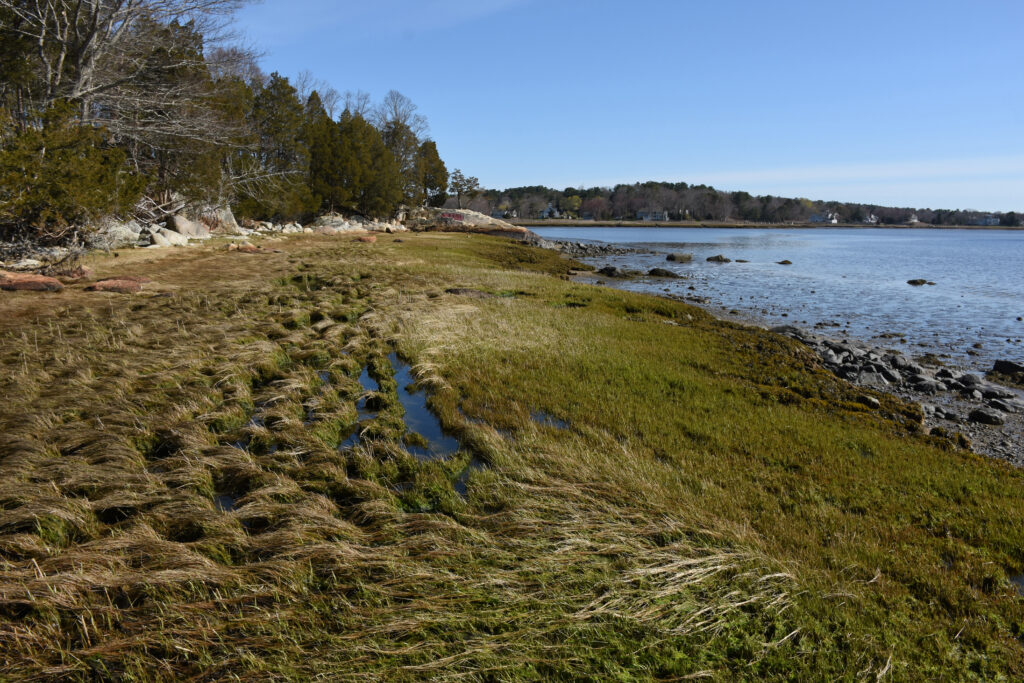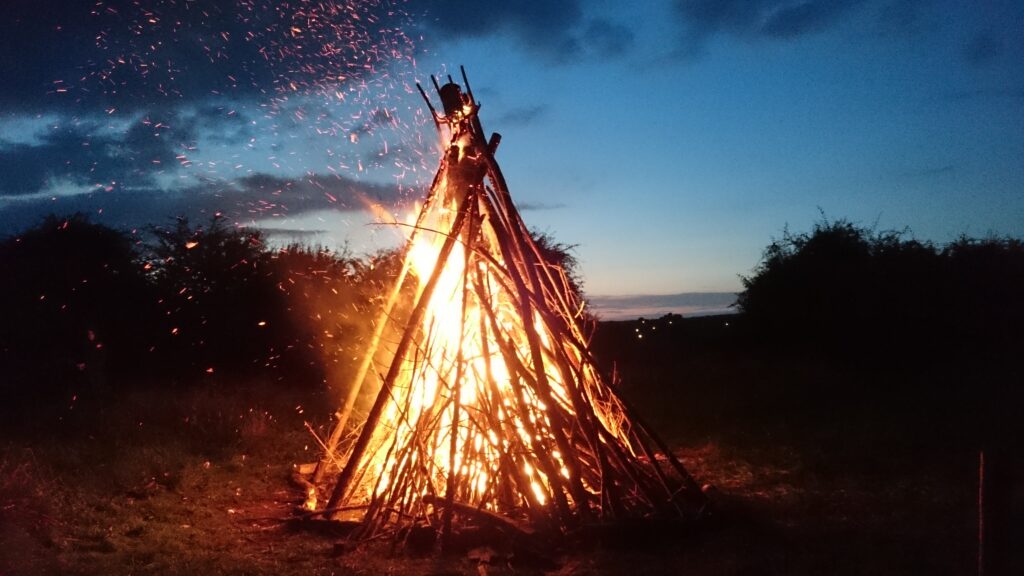About Us
Equal Treatment and Territories for Tribal Ancestry (ETTA) empowers Indigenous communities across Massachusetts to reclaim and sustain access to their ancestral lands, wood, and waters. By restoring these connections, ETTA works to secure land rights, promote sustainable land use, and create opportunities for cultural and economic growth among Indigenous peoples.
Our Leading Principles and Beliefs

Community Strength
We provide resources, education, and support that help Indigenous communities build self-sufficiency, resilience, and long-term stability.

Respect for Nature
We protect natural systems through responsible use and long-term care, guided by Indigenous knowledge and values

Cultural Continuity
We celebrate and honor the rich cultural heritage of tribal ancestry, ensuring that traditions and values are passed down to future generations.

We envision a future where Indigenous peoples thrive in harmony with their ancestral lands, waters, and traditions.
ETTA
Etta was


Our FOUNDER
Michelle Mendes
Michelle Mendes is a proud member of the Mashpee Wampanoag Tribe, a federally recognized nation, and has worked across multiple tribal departments in service to community advancement and self-determination. She holds a Master’s degree in Economic and Community Development from Southern New Hampshire University and currently serves as Director of Programs and Engagement with the Supplier Diversity Office (SDO). With more than 30 years of experience as a program developer, writer, specialist, and director, Michelle’s work is rooted in behavior and policy change, with a focus on solving fundamental social problems and advancing equitable economic and community outcomes.
